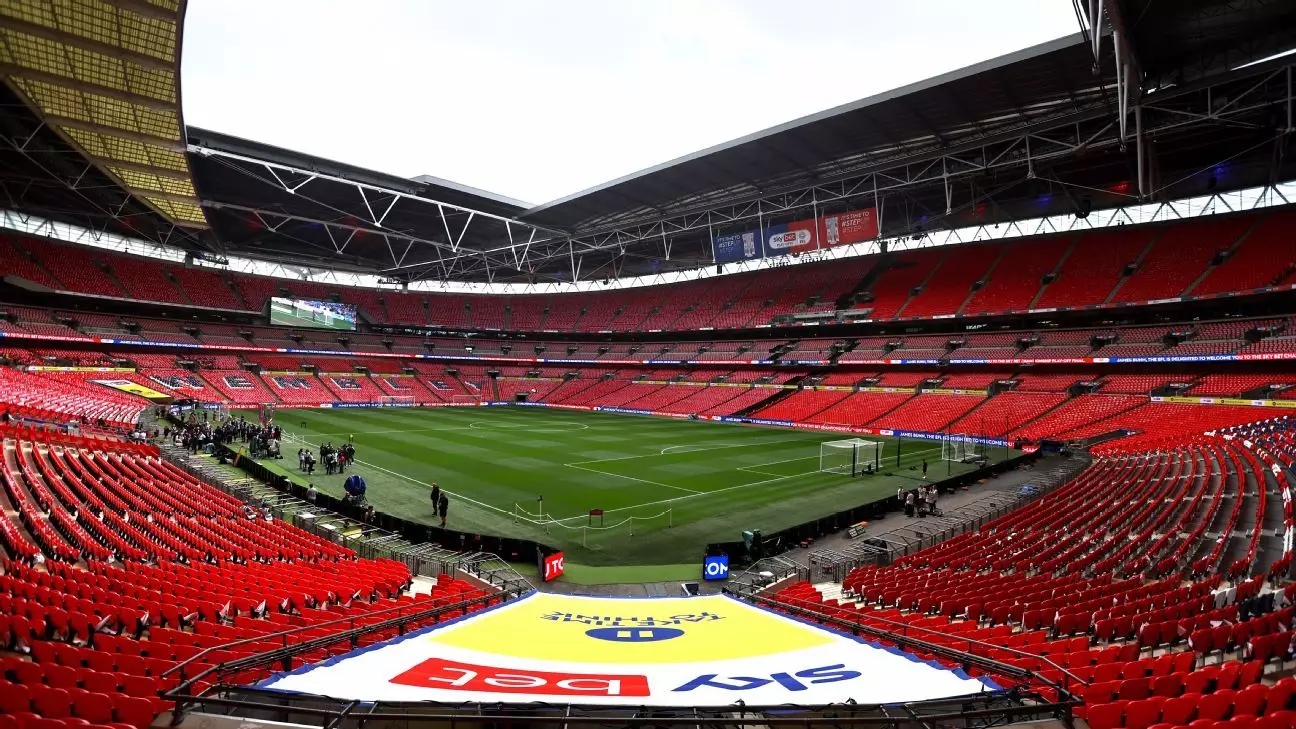In recent years, the English football landscape has been marred by issues of financial mismanagement and governance failures, which have led to the decline of several historic clubs. The proposed establishment of an Independent Football Regulator (IFR) represents a critical juncture for the future of the sport in the country. With the Football Governance Bill set to be presented in the House of Lords, the potential for transformative changes in the governance of football is stirring both anticipation and skepticism among stakeholders in the sport.
The primary objective of the Football Governance Bill is to ensure the financial sustainability of clubs at all levels—particularly the elite. The Department for Culture, Media & Sport (DCMS) has articulated that the Bill seeks to “empower fans and keep clubs at the heart of communities.” This reflects a growing recognition that football is not merely a business; it is woven into the social fabric of the communities they represent. The introduction of regulation is seen as a necessary move to curtail the excesses associated with individual ownership models that have allowed some clubs to run rampant financially while others languish in dire straits.
Former Manchester United player Gary Neville, who is now a co-owner of Salford City FC, highlighted the need for systemic changes in governance to combat the inequalities proliferating in the sport. He emphasized the importance of creating a sustainable model that ensures all clubs can thrive. The emphasis on accountability and transparency is crucial in addressing concerns over the reckless risk-taking that has plagued many clubs, culminating in heartbreaking collapses like those of Bury and Macclesfield.
The government’s commitment to introduce the IFR comes on the heels of alarming events in English football, notably the failed European Super League proposal and the challenges faced by several clubs due to poor management practices. The detrimental outcomes—symbolized by the demise of clubs that had once been fixtures in the league—have shown that the current system is desperately in need of reform. By instituting a club licensing regime and the oversight of club finances, the IFR could play a pivotal role in establishing standards that promote responsible ownership and operation of clubs.
The challenges do not merely revolve around financial audits; the regulator’s role will also include enhancing fan engagement, thereby ensuring that the voices of supporters are heard in the corridors of power. This aspect of governance recognizes that fans are essential stakeholders in the footballing ecosystem, possessing a unique connection to their clubs that merits respect and consideration.
However, skepticism persists, particularly among the Premier League, which has expressed concern about the proposed regulatory framework resembling that of traditional banking structures. The league has called for “appropriate checks and balances” to safeguard the distinctive position of English football. Their worries stem from the fear that overly intrusive regulation could stifle the prosperity of clubs that have thrived under less restrictive governance models.
The diverging views reflect the tension inherent in the discussions surrounding the Bill; while some stakeholders see the IFR as a protective measure against the vagaries of ownership, others worry about the suffocation of innovation and competitive spirit in English football. As the Bill moves through the legislative process, both the House of Lords and the House of Commons will need to weigh these perspectives carefully to carve out a regulatory framework that benefits the sport without compromising its foundational principles.
The introduction of this Bill signifies the beginning of what is likely to be a protracted legislative process. As debates unfold in both houses of Parliament, a consensus will need to be reached regarding the scope and powers of the IFR. Stakeholders must engage in earnest discussions to ensure that the regulator can effectively mitigate risks while promoting the growth and health of English football. A balance must be struck between regulating financial conduct and preserving the very essence of what makes football in England so compelling.
The proposed Independent Football Regulator has the potential to usher in a new era for English football—one where transparency, sustainability, and community engagement become hallmarks of the sport. As this legislative journey commences, the future of English football hangs in the balance, poised on the brink of transformative change. Only time will tell whether this initiative will achieve its noble aims or face resistance that stymies reform. The eyes of fans, clubs, and the wider sporting community will remain firmly fixed on the forthcoming discussions as they unfold.

